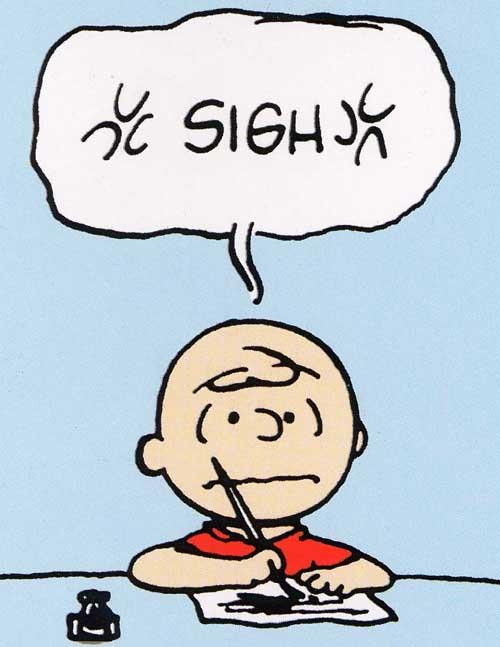FWP:
FRIEND/ENEMY verses: {4,3}; {42,4}; {43,7}; {53,4}; {53,10}; {64,4}; {64,7x}; {79,5x}; {97,6}; {120,2}; {126,8}; {139,3}; {148,4}; {195,1}; {201,3}
ABOUT ma((luum : This colloquial use of ma((luum as
a vigorous negative exclamatory marker is very common (though neither Platts nor Steingass recognizes it). Ghalib himself clearly identifies it in {155,2}; he says that in such cases ('here') it means 'nonexistent' [ma((duum]. Think of sarcastic usages in English like 'Oh, sure!' or 'Yeah, right!' or 'As if!'. More examples of this idiomatic usage: {82}; {101,3}; {108,4}; {108,12x}; {145,6x}; {154,2}; {155,2}*; {217,2} // {427x,6}.
Isn't dostdaar-e dushman is such a great phrase to say, combining alliteration (those heavy repetitions of daal , echoed in i((timaad-e dil ) with wordplay ('friend' and 'enemy'). And naalah naa-rasaa paayaa with all those long aa sounds, surely suggests a sigh, the aah .
The second line purports to give evidence for the claim in the first line about the untrustworthiness of the heart. Yet of course what this 'evidence' shows is the coldheartedness or inaccessibility of the beloved, not (necessarily) the treason of the heart. As so often in the ghazal world, the lover would rather castigate himself, even to an implausible degree, than say anything reproachful about the beloved.
In the lover's view, if his sighs and laments receive no response, the fault is surely not the beloved's, but that of his own unreliable heart, which treacherously takes the beloved's side and refuses to be (sufficiently? effectively?) importunate. (Or of course, the beloved could be cruel, and the lover's heart could be treacherous.)
Or: as Nishtha Singh points out (Feb. 2005), the
heart could be that of the beloved; and the 'enemy', the Rival
or Other. On this reading,
the lover is complaining that the beloved doesn't heed his sighs and laments,
because she's already inwardly prejudiced in favor of another-- and of course
lesser-- lover. This reading is less ruefully amusing, but nothing in the grammar forbids it.

Nazm:
That is, in a sigh there's no effect, in a lament there's no access [rasaa))ii]. There's no trusting the heart, for it's a friend of the enemy. (4)
== Nazm page 4